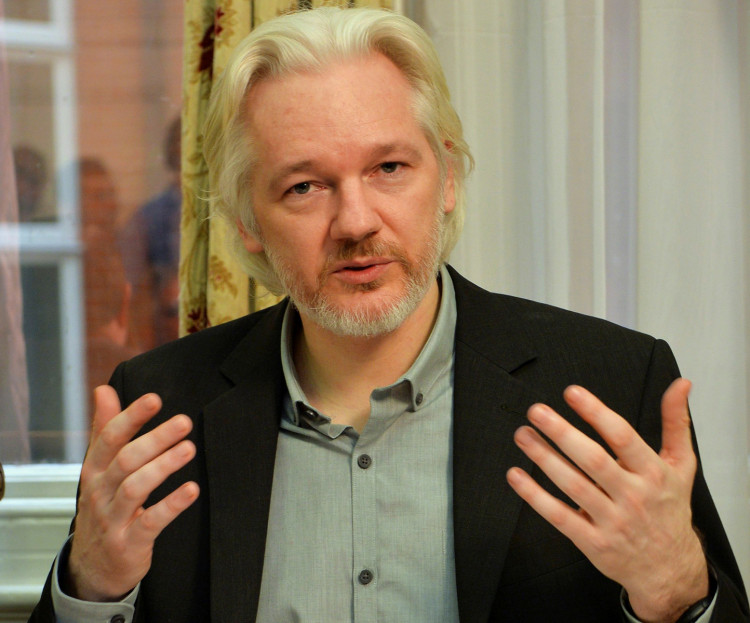Julian Assange, the founder of WikiLeaks, has been released from prison in the United Kingdom and left the country, as part of a landmark plea deal with U.S. authorities. This agreement, announced by WikiLeaks on Monday, brings an end to Assange's prolonged legal battle, which has captivated global attention for over a decade.
"Julian Assange is free," WikiLeaks declared on X (formerly known as Twitter). Assange had been detained in the UK for five years, fighting extradition to the United States, which sought to prosecute him for disclosing military secrets. The deal sees Assange pleading guilty to a single count of conspiracy to obtain and disseminate national defense information, significantly reducing his legal jeopardy.
Court documents filed in the Northern Mariana Islands, a U.S. territory in the Pacific, detail the agreement. Assange, now 52, is scheduled to appear in court there on Wednesday morning local time. He is expected to be sentenced to 62 months in prison, with credit for the five years he has already served in Britain. This arrangement paves the way for his return to his native Australia.
Assange's ordeal began with his indictment by a U.S. federal grand jury in 2019 on 18 counts related to WikiLeaks' publication of classified U.S. documents. These documents, released in 2010, included sensitive information about the wars in Iraq and Afghanistan. Assange's supporters hailed him as a hero for free speech, while critics argued he had endangered national security.
The plea bargain effectively concludes Assange's nearly 14-year legal saga. In 2019, he was charged with violating the Espionage Act of 1917, which could have resulted in a 175-year prison sentence. This legal battle saw Assange spend seven years in the Ecuadorian Embassy in London to avoid extradition to Sweden on now-dropped sexual assault allegations, followed by his detention in London's high-security Belmarsh prison since April 2019.
The U.S. and UK governments faced significant criticism for their handling of Assange's case. In June 2022, the British government approved his extradition to the U.S., prompting legal appeals. In a recent twist, two British judges allowed Assange to appeal the extradition, questioning whether he would receive First Amendment protections in the U.S.
President Joe Biden has faced mounting pressure to drop the charges against Assange. In February, the Australian government officially requested the U.S. to consider ending the case, a plea Biden said he would review. "The case has dragged on for too long, and there is nothing to be gained by his continued incarceration," Australian Prime Minister Anthony Albanese stated.
Emma Shortis, a senior researcher at The Australia Institute, emphasized the diplomatic implications of the case. "There was just no way this wasn't becoming an issue for the [U.S.-Australia] alliance," she told AFP.
WikiLeaks released a short video showing Assange boarding a plane, marking the end of his UK detention. His wife, Stella Assange, expressed relief, stating, "He will be a free man once it is signed off by a judge."
Stella, a lawyer, noted the broader implications of Assange's plea deal. "Accepting a guilty plea on an espionage charge creates a very serious concern for journalists worldwide," she said.
Assange's legal troubles began with his collaboration with Chelsea Manning, a military intelligence analyst, to publish classified documents. These publications included extensive reports on the wars in Iraq and Afghanistan, U.S. State Department cables, and information about detainees at Guantánamo Bay.




